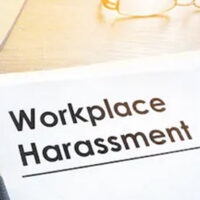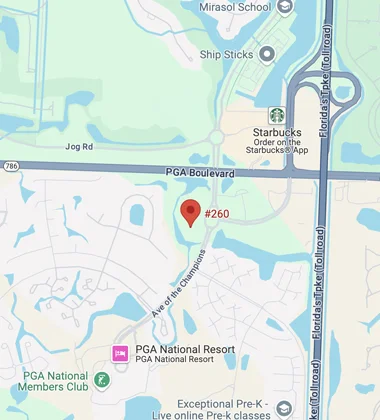Who Can File a Workplace Harassment Claim?

Unlawful harassment in South Florida workplaces can create untenable working situations for the party being targeted, as well as for other employees in the workplace who must bear witness to the harassment and who must perform job duties in a working environment with low morale due to the pervasive harassment. When unlawful harassment does occur, it can involve harassment on various protected identity characteristics including sex, race, religion, disability status, age, and more. Generally speaking, however, there are two forms of unlawful discrimination in employment contexts: quid pro quo harassment and hostile work environment harassment.
When either type of harassment occurs, who can file a claim? The answer is that it depends on the type of harassment, and it also depends on the particular circumstances surrounding the harassment. Our South Florida employment discrimination lawyers can explain in more detail.
Quid Pro Quo Sexual Harassment: Targeted Job Applicant or Employee Can File a Claim
Harassment is any kind of unwelcome conduct that is based on a protected characteristic, and the first type is known as “quid pro quo” harassment. Quid pro quo harassment, which translates roughly to “this for that” harassment, happens when a person in a supervisory position (such as a manager, a boss, a supervisor, or a direct employer) offers or requires favors in exchange for a workplace benefit, which may range from something like a promotion to the mere ability for the targeted employee to keep their job. In other words, “if you do this for me, I will give you that.”
Quid pro quo harassment generally takes the form of sexual harassment, with a supervisor requesting sexual favors in exchange for a benefit. With this type of harassment, the law allows the targeted employee (i.e., the one to whom sexual favors are being requested) to file a claim. Depending on the circumstances, however, there are cases in which quid pro quo harassment may also create a hostile work environment, especially when it is done publicly and openly in the workplace. When unlawful harassment creates a hostile work environment, more parties may be eligible to file a claim.
Hostile Work Environment Harassment: Any Employee Affected Can File a Claim
The second type of harassment that is recognized as unlawful in an employment context is hostile work environment harassment. When any type of conduct creates a work environment “that would be intimidating, hostile, or offensive to reasonable people,” then it may be unlawful, according to the Equal Employment Opportunity Commission (EEOC).
Hostile work environment harassment impacts more than just the targeted employee or employees. Accordingly, the law permits any affected employee to file a hostile work environment claim, even if they are not the party being targeted by the offensive conduct.
Contact Our Palm Beach Gardens Harassment Lawyers Today
Whether you have experienced harassment in your workplace, or you are being subjected to a hostile work environment because of harassment that is targeted at another co-worker in your work environment, it is important to seek legal advice about filing a claim. If you have been targeted by harassing behavior, you may be eligible to file a claim. And even if you are not the targeted party but are experiencing a hostile work environment due to the harassment of another co-worker or colleague, you may be eligible to file a claim. One of the experienced Palm Beach Gardens harassment attorneys at Sconzo Law Office is here to help. Contact us today to find out more about how we can assist you.
Source:
leg.state.fl.us/statutes/index.cfm?App_mode=Display_Statute&URL=0700-0799/0760/Sections/0760.01.html

